China Accepts Major Power Role in WTO as U.S. Congress Blocks Budget Cuts
Input
Modified
China Says It Will No Longer Seek Special Treatment at WTO Ignored U.S. Demands During Trump’s First Term, Now Accepts Major Power Status Beijing Acknowledges Role as Washington Works to Preserve WTO Influence
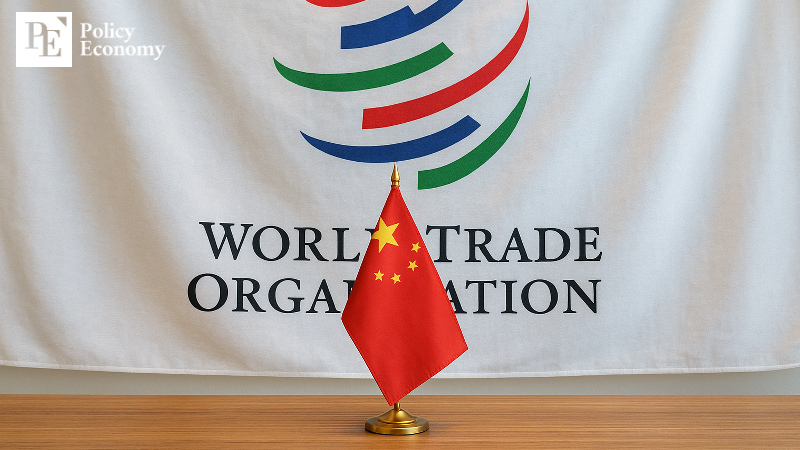
China has announced it will forgo the special privileges it has long enjoyed at the World Trade Organization (WTO) as a developing country. The move marks a 180-degree shift from Beijing’s previous stance of clinging to its developing-nation status despite years of U.S. pressure. Analysts say the decision could serve as a turning point in U.S.-China trade negotiations.
China Drops WTO Developing Country Privileges
According to state-run Xinhua on the 24th, Chinese Premier Li Qiang said at the High-Level Meeting of the Global Development Initiative (GDI) in the U.S. that “China will no longer seek special and differential treatment in any current or future WTO negotiations.” Li is visiting the U.S. for the 80th U.N. General Assembly, and the remarks came during a separate meeting chaired by China. WTO Director-General Ngozi Okonjo-Iweala wrote on X (formerly Twitter): “This is the culmination of years of effort, and I applaud China’s leadership on this issue.”
The WTO grants developing countries benefits such as delays in implementing rules, lighter trade liberalization obligations, technical and financial support, and protective measures in areas like agriculture and food security. There are no official criteria for the status; member states self-designate as developing countries.
China’s decision is widely seen as an effort to advance U.S.-China trade talks. Washington has long argued that such privileges unfairly benefit some countries, and that WTO reform is impossible unless China—now the world’s second-largest economy—relinquishes them. By voluntarily dropping its claim, Beijing appears to have accepted this demand.
In 2019, China Defied U.S. Pressure
Notably, as recently as 2019 China had firmly rejected giving up its developing-country status. During Donald Trump’s first term, Washington pressed the WTO to strip China—along with Hong Kong, Macau, Singapore, Mexico, Turkey, the UAE, Kuwait, Qatar, Brunei, and South Korea—of the designation. The U.S. argued that countries meeting certain criteria, such as G20 membership, classification as high-income economies by the OECD or World Bank, or accounting for more than 0.5% of global trade, could not credibly claim developing-country status.
Following that push, countries including South Korea, Taiwan, Singapore, the UAE, and Brazil voluntarily relinquished the status. China, however, refused to join them. At the time, Bai Ming, deputy director of the Chinese Academy of International Trade and Economic Cooperation, said after Seoul’s decision: “China remains a developing country, so Korea’s move will not affect us.” Li Chunding, a dean at China Agricultural University, also declared that “as the world’s largest developing country, China will uphold its international responsibilities while protecting its basic rights.”
State-run media backed the stance. The Global Times wrote that “developing-country status is not determined by the U.S. or certain Western outlets,” calling U.S. demands hegemonic and aimed at containing China. It pointed to World Bank data showing that in 2018, China’s per capita GDP was $9,771, far below South Korea’s $31,363—evidence, it argued, that Beijing still qualified as a developing nation.
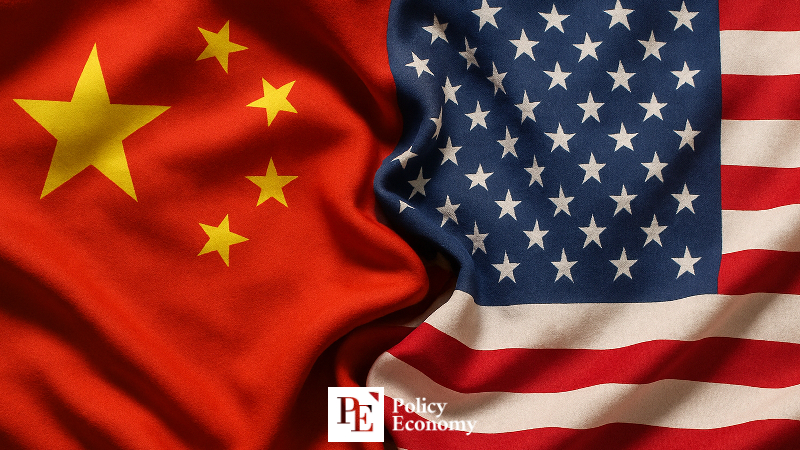
U.S. Congress Blocks WTO Budget Cuts, Eyes China’s Rising Influence
As China abandons its long-held claim to developing-country status and accepts its role as a major power, Washington is scrambling to preserve its influence within the WTO. Last month, the Trump administration, under its “Make America Great Again” (MAGA) agenda, included $29 million in WTO contributions on a list of proposed foreign aid cuts, dismissing the organization as “ineffective.” The MAGA initiative aims to reduce U.S. funding for international bodies and redirect resources toward domestic priorities.
Democratic lawmakers countered that it would be unlawful for the administration to unilaterally slash funding approved by Congress. The National Foreign Trade Council (NFTC) also issued a statement warning that “China would be more than willing to fill any vacuum left by the U.S.,” underscoring concerns about ceding ground to Beijing. As backlash mounted, the White House quietly removed the “WTO cuts” item from its website just three days after posting it. A senior administration official later told Reuters that the list referred only to past spending adjustments, not new cuts, and said it was deleted “to avoid confusion.”

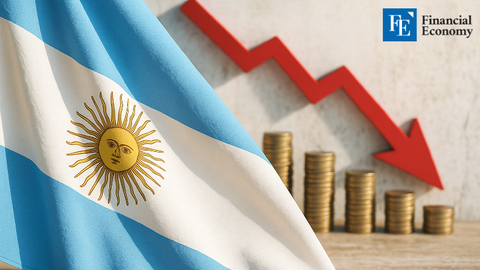
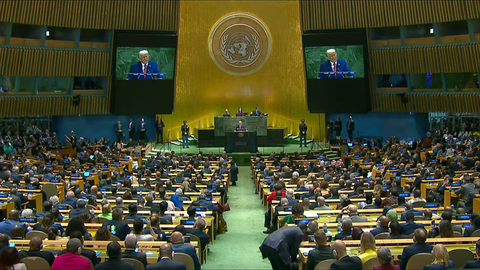
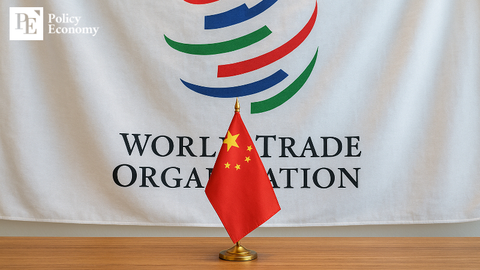
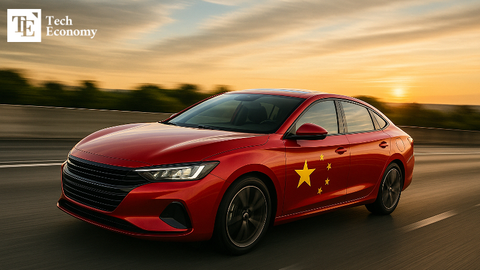
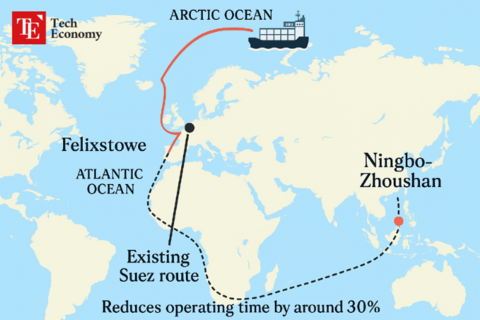
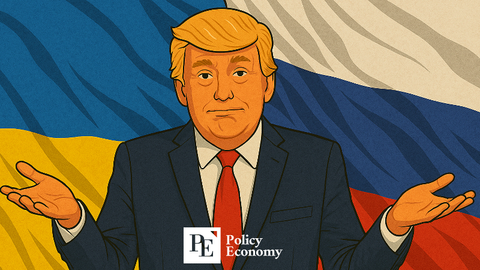















Comment